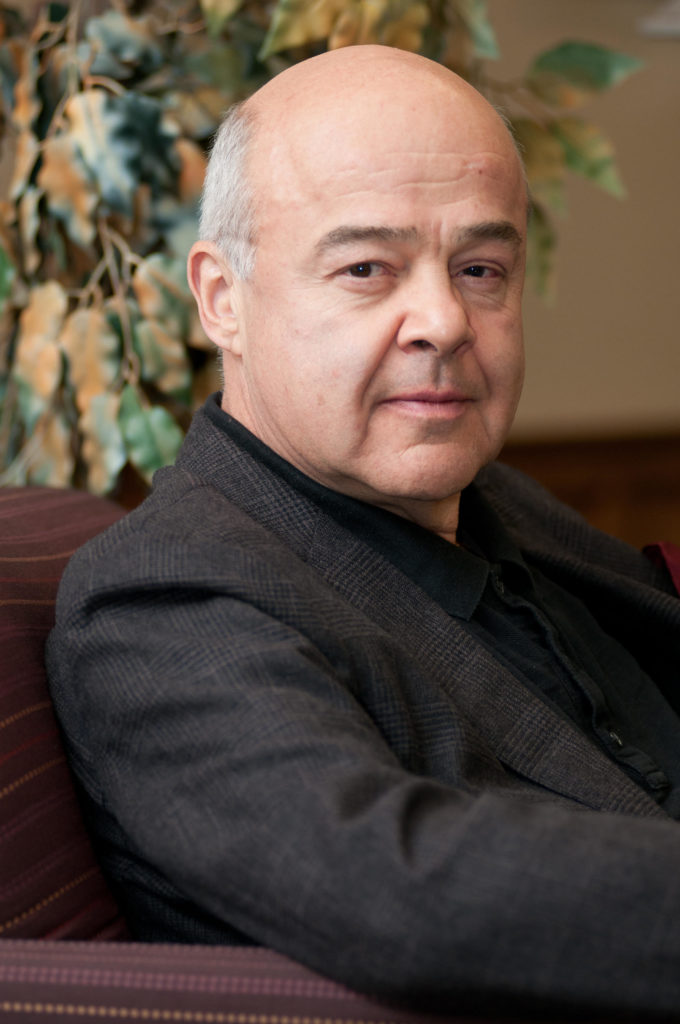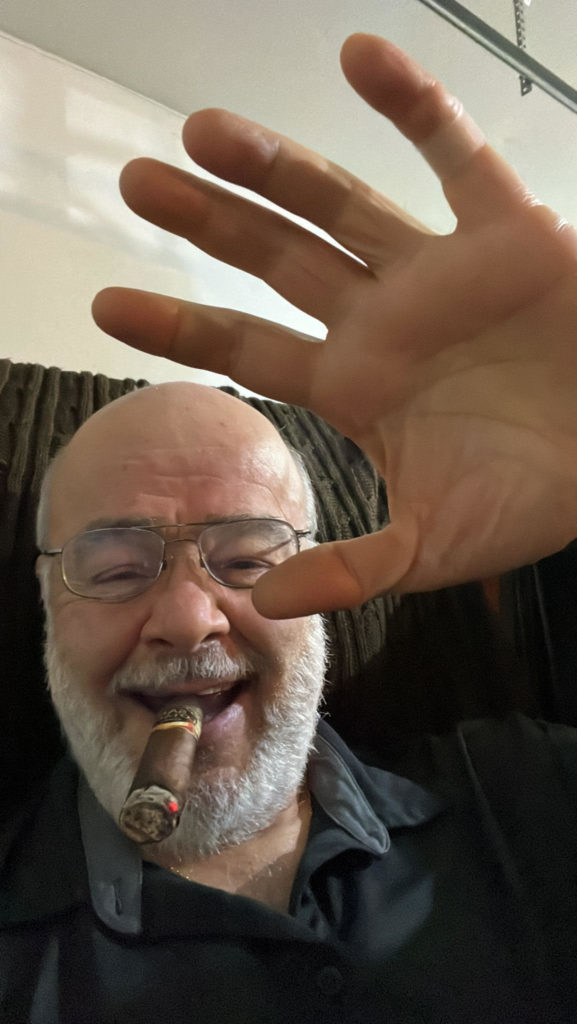
When I filed my eulogy for Alexander Toradze, one of the emails I received was from David Hyslop. The former CEO of the Minnesota Orchestra, he knew Lexo at home in Minneapolis and on tour. Hyslop remembered Toradze as a great talent – and an even “greater person.”
I was reminded, after a fashion, of a malicious review filed by a colleague during my New York Times tenure in the late 1970s. This was someone who loathed a Toradze performance. His review declared Toradze’s career over – he was a pianist no longer in demand by audiences or orchestras, the Times’ readers were informed. When I next encountered my colleague, I felt the need to inform him that I knew Alexander Toradze rather well, and that he was an “exceptional human being.” My colleague replied in a casual sing-song: “I’m sure that’s true.” This ended our exchange with the glib sentiment: So what? — it doesn’t matter. But it did matter, and it does.
In Fort Worth, in the wake of the 1977 Cliburn Competition, the local public TV station produced a thirty-minute film: “Lexo.” This was before the era of soundbites. The film ends with a nearly complete performance of Stravinsky’s Three Movements from Petrushka, documenting an interpretation so vividly characterized that more than a few pianists regard it is a benchmark. But the glimpses afforded of Lexo’s interaction with his host family, including two young children, are every bit as memorable. At the age of 25, the Toradze personality – its onslaught of warmth and wellbeing — was already as striking as Toradze the pianist.
In the wake of Lexo’s death, recorded concert performances are freshly turning up on youtube. One is the Tchaikovsky B-flat minor concerto, with David Atherton and the Hong Kong Philharmonic. This is from 1990 – the same year as the Prokofiev Third my son Bernie has flagged. Lexo’s mettlesome intellect is documented in fraught interaction with a volcano of feeling. It would be a pale understatement to characterize the old warhorse as re-animated by such inhabitation; Tchaikovsky can barely hang on.
In the irreplaceable living room of Lexo’s South Bend home – a room filled with memorabilia and photographs and above all with memories – I two days ago discovered an album of photographs of his mother. She was a famous Georgian film actress. (His father was the pre-eminent Georgian composer.) Liana is smiling and proud. She has her arm around young Lexo, perhaps ten years old – and his arm is around her. Lexo’s countenance also evinces love and pride. But he is not smiling. One clearly senses something exceptional about the object of his mother’s high regard – an autonomy of spirit, a maturity beyond his years.
How Lexo left his mother, father, and sister in 1983 is a story many times told. Touring with a Moscow orchestra in Spain, he was not permitted to perform. He had not been allowed to visit the United States, where he already had an excited and appreciative audience, for four years. Discovering himself in a Madrid restaurant without an escort, he impulsively sought asylum. A recent Russian posting quotes a newspaper interview from 2013 in which he says, “I never intended to leave anywhere, let alone run away . . . I broke down. It’s hard to believe, but it was a completely unprepared situation. I was thirty-one years old.” The Toradze odyssey, complex and unfathomable, may partly be read as evidence of the human cost of the Cold War.
The night he would die in his sleep, Lexo texted a smiling selfie with cigar to Vladimir Feltsman, a friend of many decades. He was in an expansive mood. Notwithstanding a recent heart episode, he was feeling robust. He had just been told that his cardiac readings were strong. He was actually on the mend from a period of poor health.

A related blog: Toradze on Stravinsky

Thanks so much, Joe. I’ve loved reading your tributes to Lexo, and heartbroken by this photo of him being … well, the inimitable Lexo – only hours before his death. Ahh, if only we could all go out with such joie de vivre so close to hand. I wrote you some time back about my amazing experiences with Lexo during my tenure at Notre Dame – parties with Mannie Axe, and a drunken soccer game in the snow with Gergiev among others. I won’t repeat them. Neither will I forget them, or his warmth and expansive, welcoming, larger-than-life self. Big as the music he made, he cast a shadow that was comforting to shelter under from time to time. I don’t miss everything about South Bend, but I sure miss Lexo. In a career that has introduced me to literally hundreds of artists he still stands out as one of my favorites.
Dear Joe,
Thank you so much for your tribute to our dear friend. We loved him on every level, personal and musical. I know how much your friendship meant to him. Hard to believe that he is no longer with us!
Joe:
I was sorry to read about Mr. Toradze. I did not know him, but was affected by his work, particularly his Prokofiev 2d, an opinion you were kind enough to share with him. As an artist, he was special because he was different, which requires imagination and bravery. I don’t know whether Juilliard and the like beat the independence out of people or fragile musicians are all too happy to accept and cling to “the right way.” But the result is a parade of perfection — note-perfect renditions of classics that sound product-tested, designed to go down easy with the population at large — that mostly keeps me out of concert halls. If an artist asked me how she could gain my vote, as it were, I wouldn’t know what to say, other than “surprise me” and “take a chance every so often.” Isn’t it better to elicit a strong opinion one way or the other than to lull listeners into the false sense that all problems are settled in the work at hand? Your friend Lexo did not accept this lie and had the courage of his convictions. He cut his own path, and for that I honor him.
From what you and others have said, it sounds like he was as wonderful a person as artist. Each of these is rare, but both in one body is rarer still. I’m sorry for your loss, Joe.
-Dave